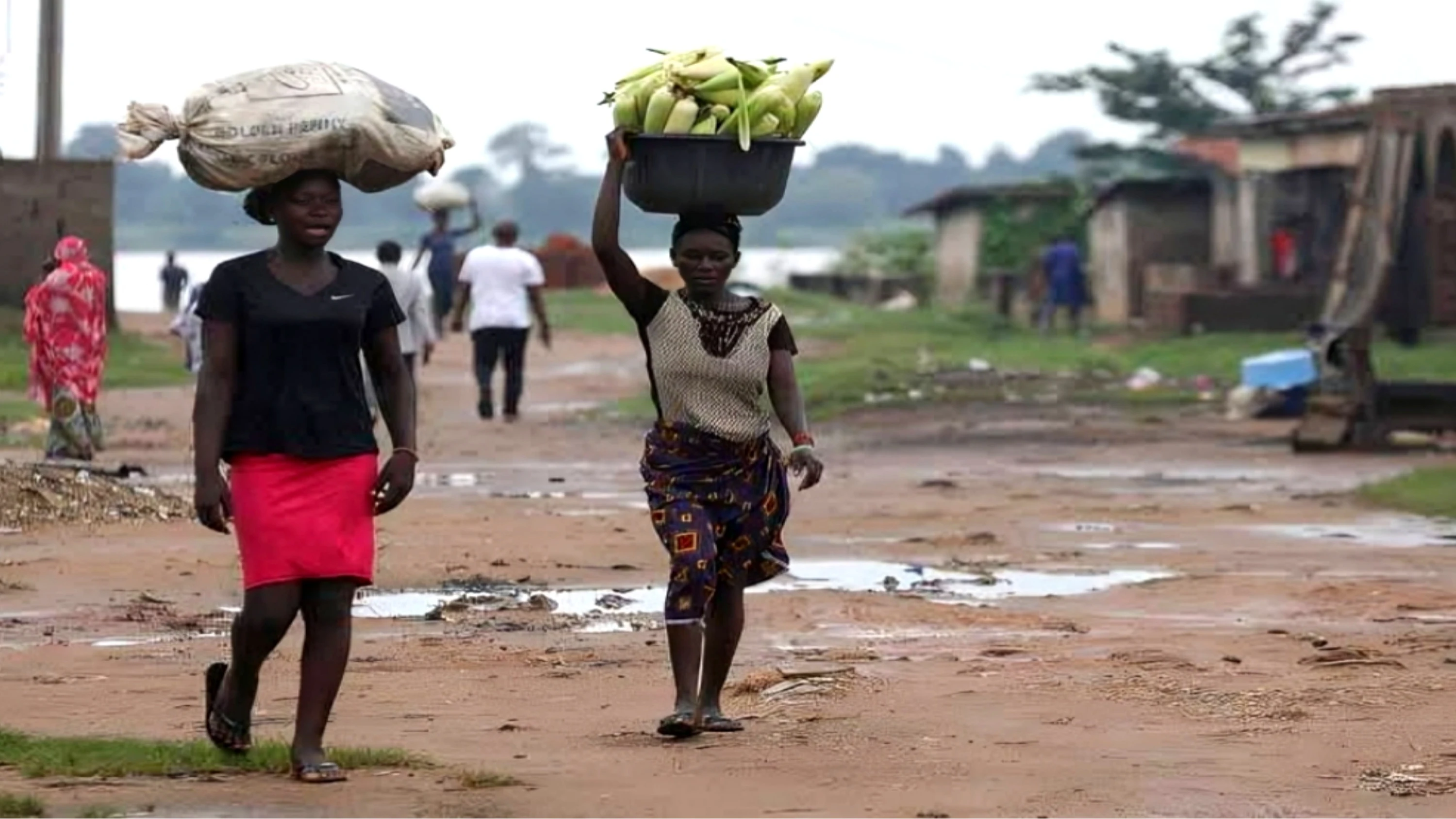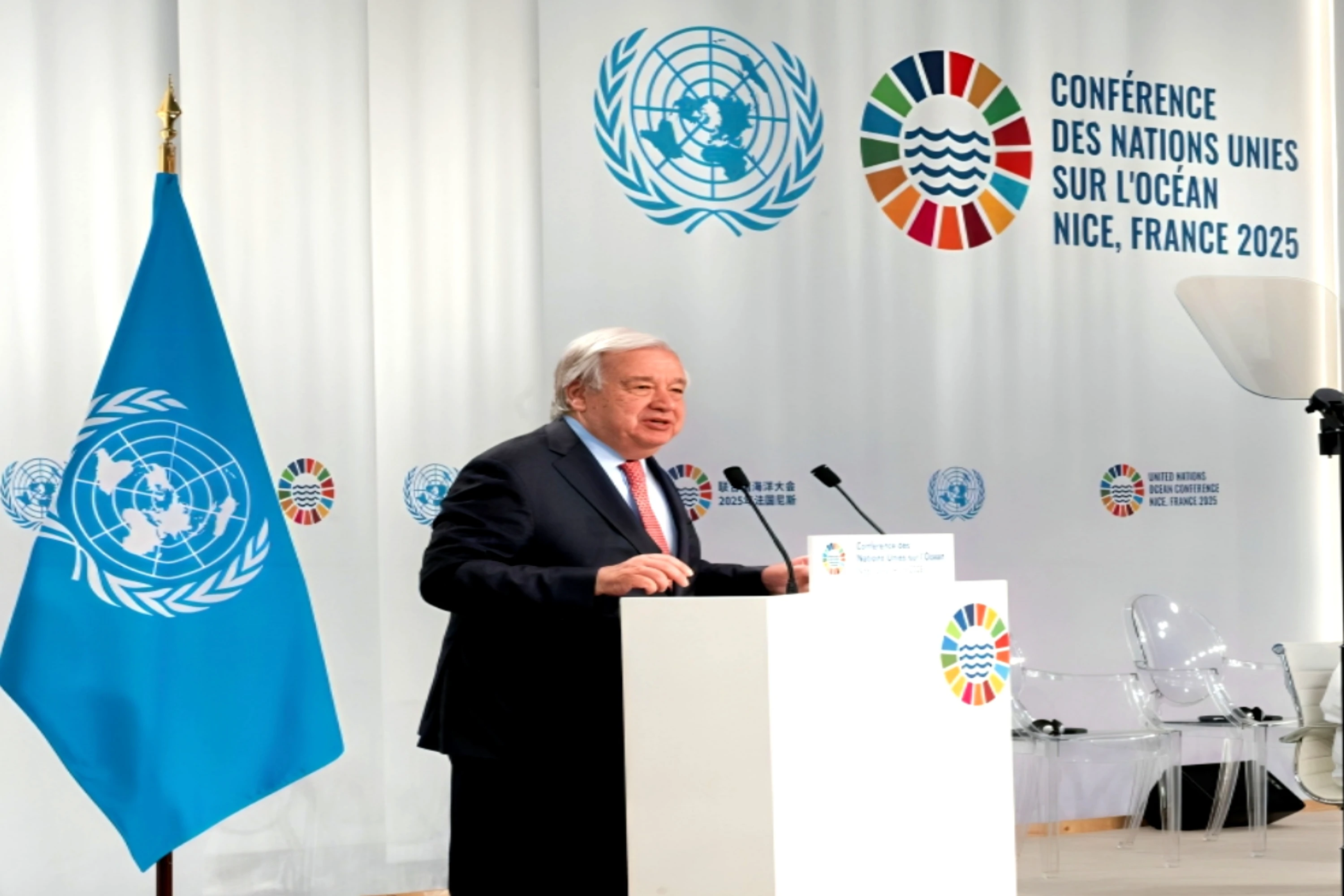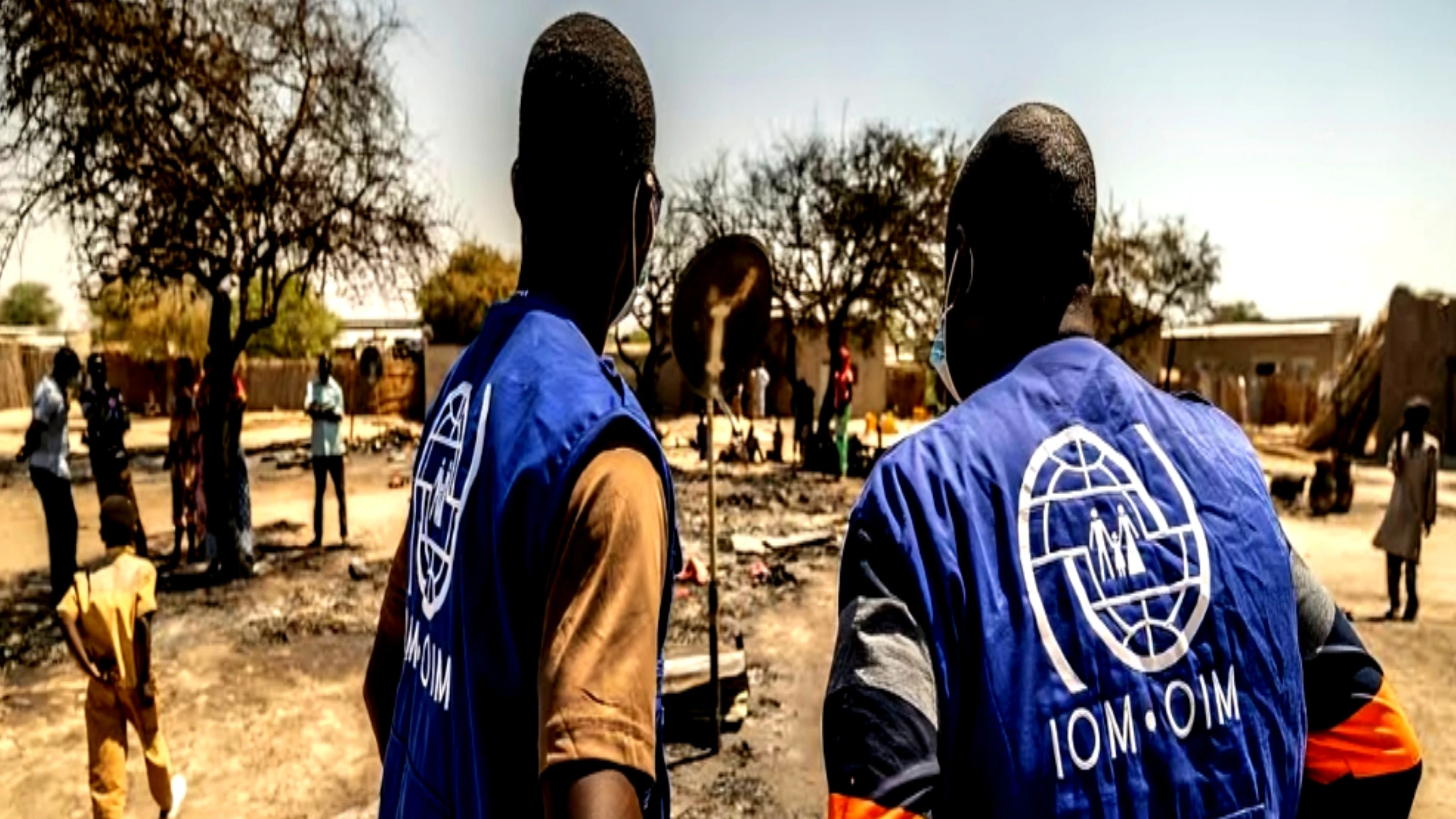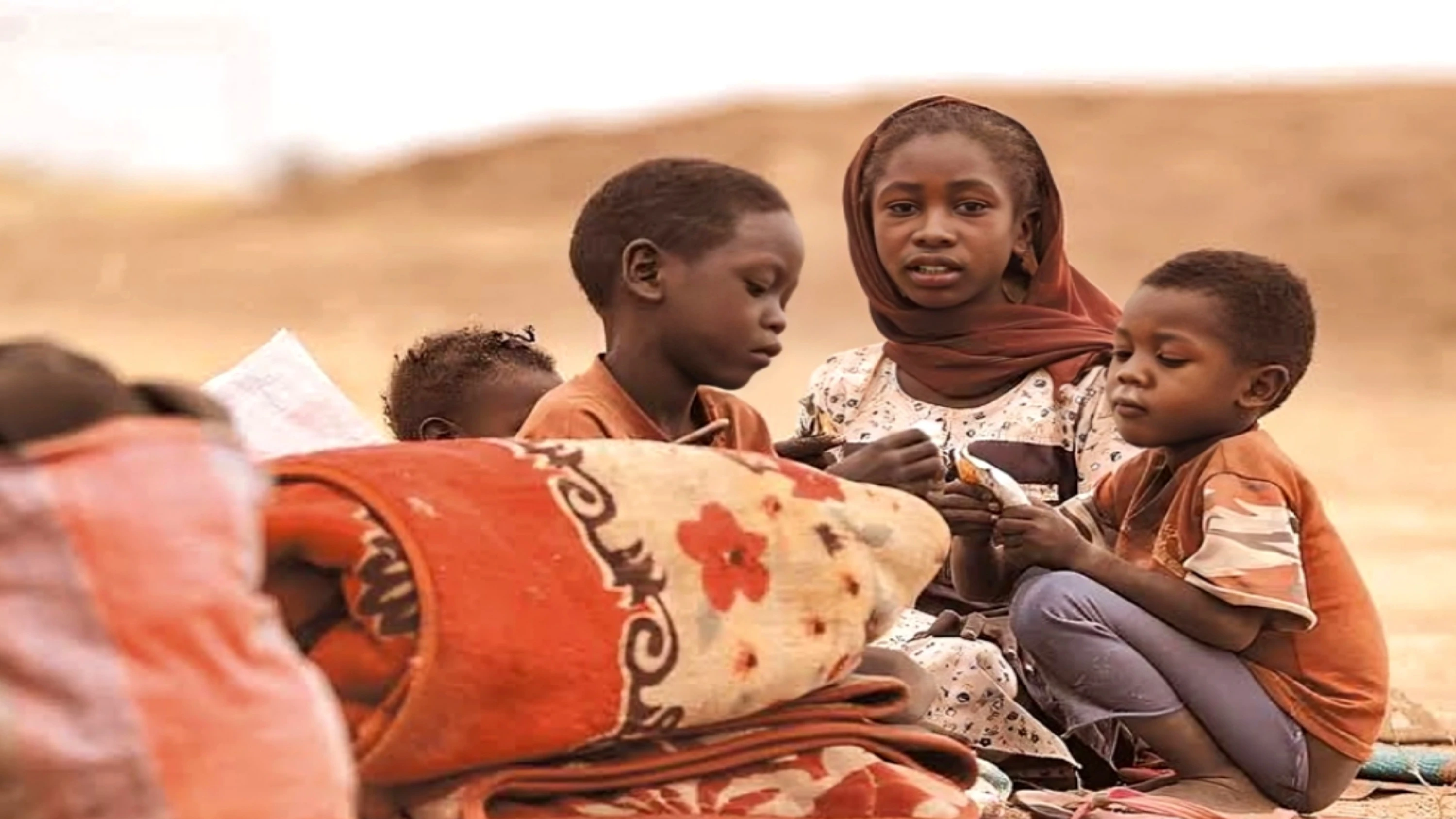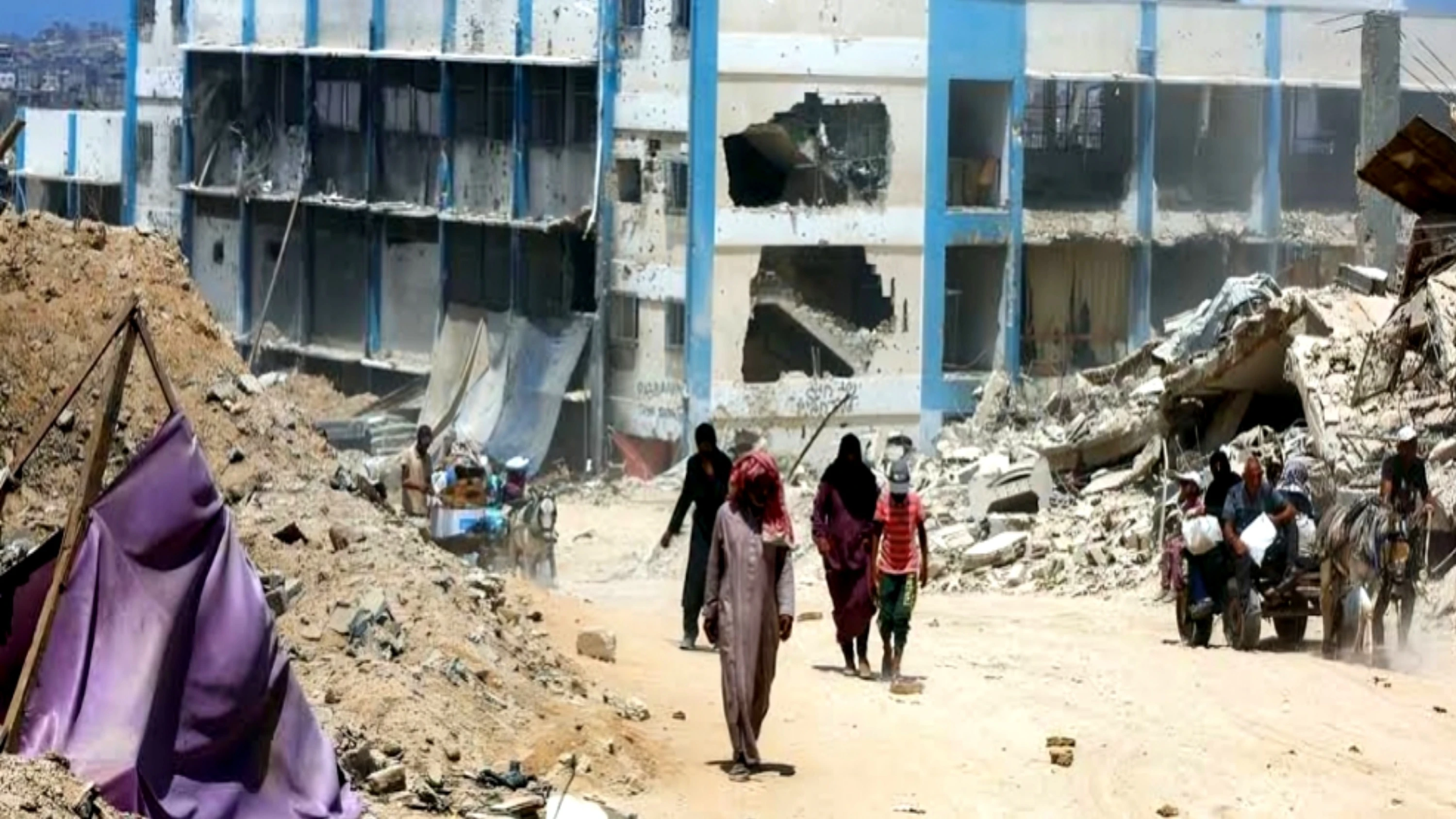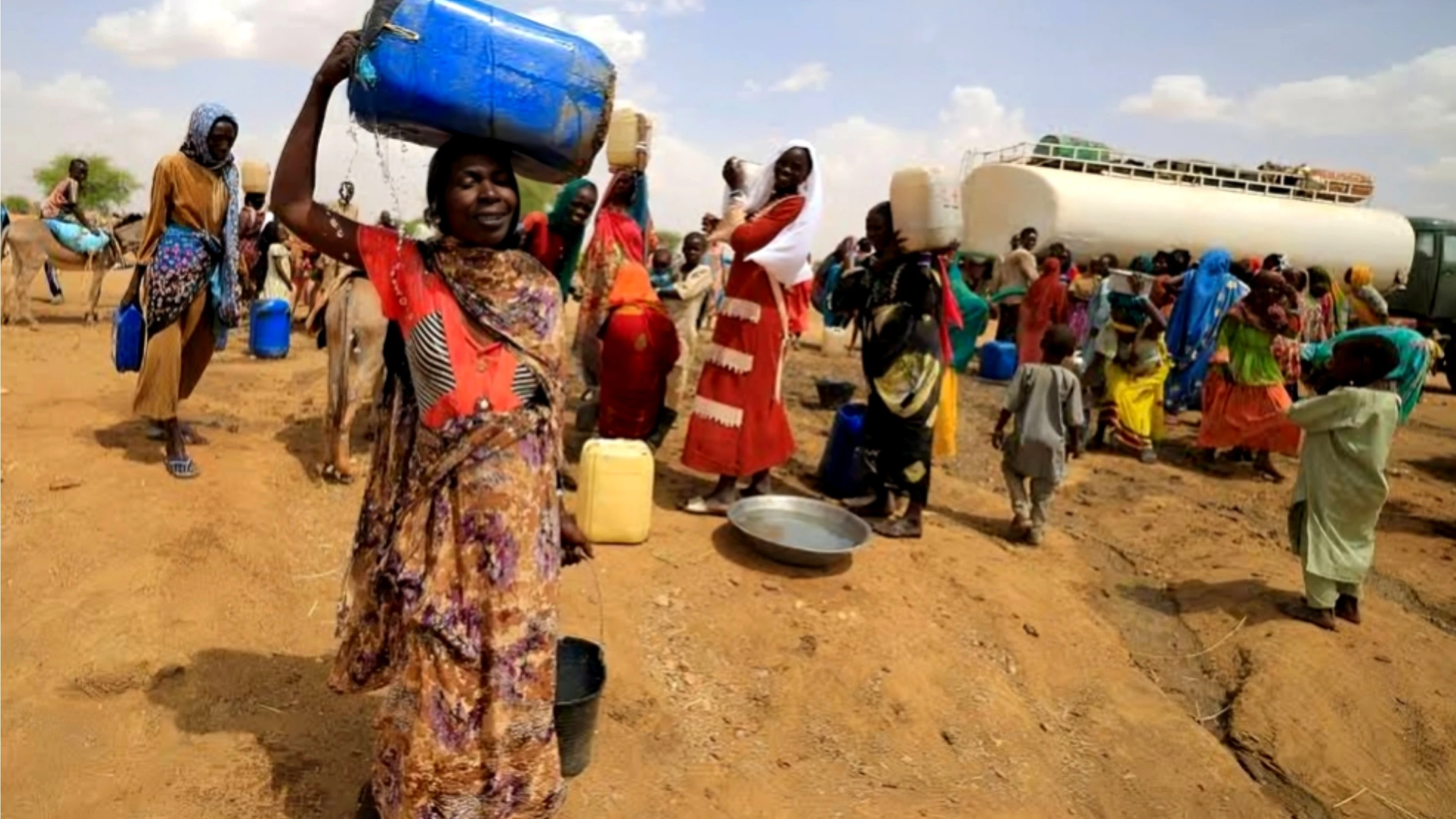N'Djamena: Chad, one of the poorest nations in the world, is currently sheltering around 1.3 million forcibly displaced people, according to the UN Refugee Agency (UNHCR). Over half of these individuals are Sudanese who have fled a brutal conflict between rival military factions that began in April 2023.
Visiting the Chad-Sudan border, UN High Commissioner for Refugees Filippo Grandi described the ongoing violence as "absurd," highlighting the devastating toll on civilians — primarily women and children. Grandi appealed directly to international donors, urging them not to cut back on aid. He warned that food, shelter, water, and medical supplies are already being reduced due to budget shortfalls.
Grandi also condemned the widespread human rights violations committed against Sudanese civilians and called for stronger international backing for both the refugees and the Chadian communities hosting them.
Aid organizations on the ground have reported that many women and children are arriving at the border exhausted, carrying virtually nothing. The UNHCR emphasized that a global decline in humanitarian funding is worsening an already dire situation.
Drastic reductions in foreign aid — including from the U.S. — have left UN agencies unable to maintain critical services such as schools and health clinics. This has exposed displaced populations, particularly women and children, to greater risks of violence and exploitation.
In Chad’s Farchana refugee settlement, school principal Abdelrahim Abdelkarim said thousands of children have already dropped out of school. He warned that many young people may attempt dangerous journeys in search of opportunity, risking death at sea or exploitation in gold mines.
Grandi has previously labeled the funding crisis “a crisis of responsibility,” stressing that the cost of international inaction will be seen in rising instability, widespread suffering, and the loss of an entire generation’s future.
The situation in Sudan itself remains dire. Two years of civil war, displacement, and climate-related challenges have left about two-thirds of the country’s 50 million people in urgent need of assistance.
Mohammed Refaat, the IOM’s Chief of Mission in Sudan, described the horror faced by civilians trapped in besieged areas. Speaking from Khartoum — now under control of the Sudanese Armed Forces after battles with the paramilitary Rapid Support Forces — Refaat highlighted the impact of aid cuts, calling the scale of destruction and human suffering “immeasurable.”
The conflict between RSF leader Mohamed Hamdan Dagalo and army chief Abdel Fattah al-Burhan has killed tens of thousands and displaced over 12 million people. Both factions have been implicated in widespread atrocities, according to the UN Human Rights Office.
While some families are returning to Khartoum, they face a lack of basic services. UN agencies are warning that the humanitarian needs remain massive and urgent support is essential.
Meanwhile, in regions like North Darfur and Blue Nile state, children are going hungry, sometimes forced to survive on food intended for livestock. UNICEF estimates that more than three million Sudanese children under five will face acute malnutrition in 2025.



